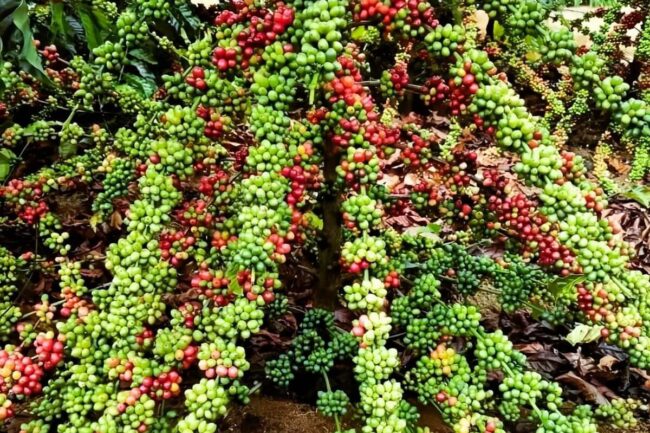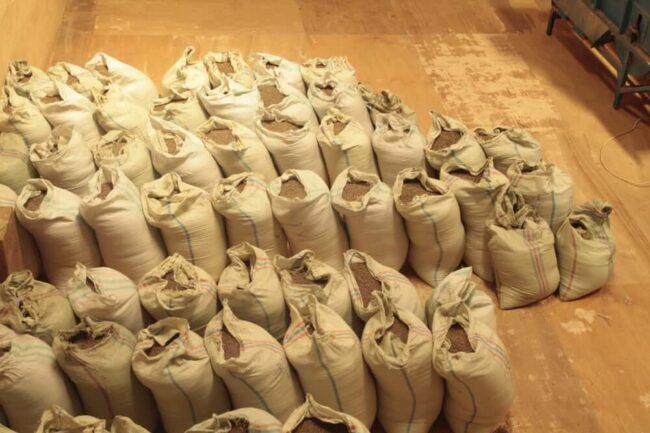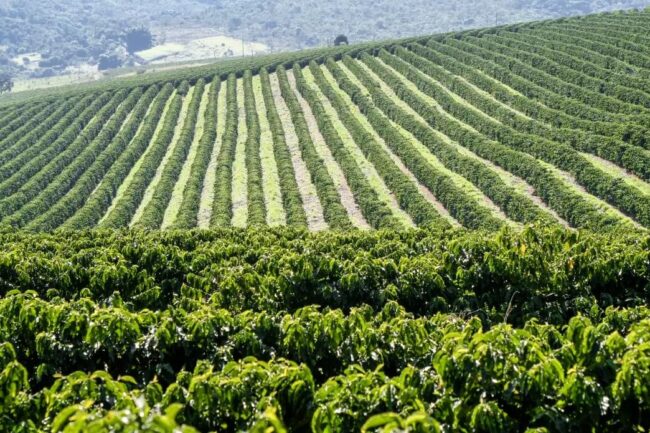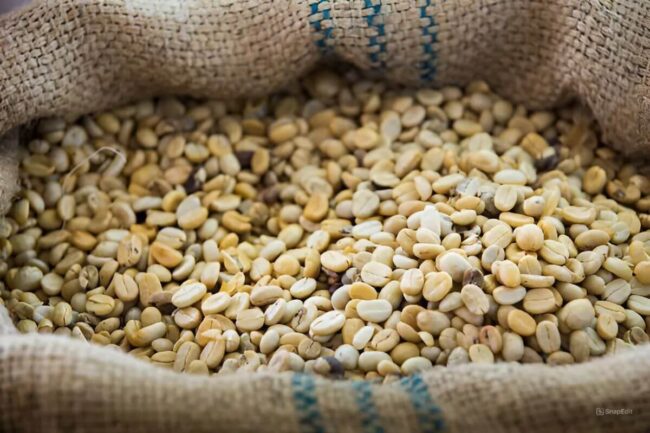March arabica coffee (KCH23) this morning is down -4.15 (-2.44%), and Jan ICE robusta coffee (RMF23) is up +8 (+0.42%).
Coffee prices this morning are mixed, with robusta coffee climbing to a 5-week high. Arabica coffee today fell back from a 4-week high and is moderately lower on news that U.S manufacturing activity contracted last month by the most in 2-1/2 years, fueling concern the economy might slip into recession and curb coffee demand.
Ever-tighter robusta ICE inventories are supporting gains in robusta today after ICE-monitored robusta coffee inventories Wednesday fell to a new 4-year low of 8,550 bags.
Large hedge-fund short positions have raised the possibility of short-covering pressure in robusta coffee futures. Last Friday’s weekly Commitment of Traders report (COT) showed that funds in the week ended Nov 22 raised their net-short robusta coffee positions by 898 to a 2-year high of 29,439 contracts.
Coffee prices have support after Somar Meteorologia reported Monday that Brazil’s Minas Gerais region received 36.7 mm of rain last week, or only 58% of the historical average. Minas Gerais accounts for about 30% of Brazil’s arabica crop.
A bearish factor for robusta is ample coffee supplies from Vietnam. The General Statistics Office of Vietnam reported Tuesday that Vietnam Nov coffee exports rose +2.6% y/y to 110,000 MT and Jan-Nov coffee exports were up +10.2% y/y at 1.54 MMT. Vietnam is the world’s biggest producer of robusta coffee beans.
In a bearish factor for arabica coffee, ICE arabica coffee inventories rebounded sharply to a 2-1/2 month high of 591,769 bags Wednesday from the 23-year low of 382,695 bags posted on Nov 3.
In a bullish factor, the USDA’s Foreign Agriculture Service (FAS) last Tuesday cut its Brazil 2022/23 coffee production forecast by -2.6% to 62.6 mln bags from a prior estimate of 64.3 mln bags. Meanwhile, Brazil’s crop agency Conab on Sep 20 cut its 2022 Brazil coffee production estimate to 50.4 mln bags from a May estimate of 53.4 mln bags as adverse weather curbed coffee yields. This year was supposed to be the higher-yielding year of Brazil’s biennial coffee crop, but coffee output this year was slashed by drought.
Smaller global coffee exports are providing support for coffee prices after the International Coffee Organization (ICO) reported on Nov 7 that global coffee exports during Oct-Sep fell -0.4% y/y to 129 million bags. Also, the Colombia Coffee Growers Federation reported on Nov 4 that Colombia’s Oct coffee exports fell -5% y/y to 942,000 bags. Colombia is the world’s second-largest producer of arabica beans. Meanwhile, Cecafe reported Nov 17 that Brazil’s Oct green coffee exports fell -2.9% y/y to 3.18 mln bags.
In a bearish factor, the Green Coffee Association reported on Nov 15 that U.S. Oct green coffee inventories rose +5.8% y/y to 6,320,157 mln bags.
In a bearish factor, the USDA, in its bi-annual report released in June, projected that 2022/23 global coffee production would climb +4.7% y/y to 174.95 mln bags, primarily due to Brazil’s arabica crop entering the on-year of the biennial production cycle. The USDA projects that 2022/23 global coffee ending stocks will climb +6.3% y/y to 34.704 mln bags.
__
Rich Asplund – Barchart




